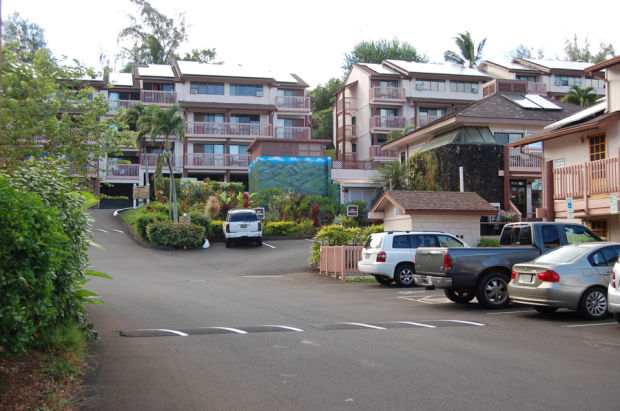LIHUE — It’s time to clean house.
The Kauai County Council will consider a trio of bills on Wednesday that finance officials say will help clean up current real property tax policies and narrow inequalities in assessing property values.
One bill in particular, Bill 2549, will create a new tax class called “residential investor,” which will apply to non-owner occupied properties that are valued at $1 million or more.
“This new tax class recognizes that high-value valued residential properties tend to be more speculative in nature, are not typically offered as affordable housing, and often serve as second homes or investment properties,” County Finance Director Steve Hunt wrote in a memo to the Kauai County Council.
The measure, Hunt explained, is similar to a tax law crafted by the City and County of Honolulu that aims to close a tax loophole for high-end properties that are neither used as vacation rentals nor used by homeowners as their primary residences.
“The philosophy behind this was, essentially, if you can own a property worth a million dollars or more and you’re not living in it as your primary residence, it’s somewhat of a luxury for you,” Hunt said. “So, if you have the ability to afford that, you should be able to afford a little bit higher tax rate as opposed to the lower tier, which is struggling to make their mortgage payments and hang on.”
Under the county’s current real property tax rate formula, which was increased by the County Council two months ago, the real property tax rate for vacation rental properties is set at $8.85 per $1,000 in assessed valuation, while those for residential properties are set at $6.05 per $1,000 in assessed valuation.
“Somewhere in between, we’d have the ability to set another rate, saying if you are just using this as a second home and are not vacation renting, then you have that luxury, because you can afford to leave it vacant and only use it seasonally, so the rate should be a little higher than what I would call the rental stock,” Hunt said.
Another measure, Bill 2548, will create another new tax class for timeshare properties, which are currently taxed under the county’s hotel and resort class — a rate that is now set at $10.85 per $1,000 in assessed valuation.
Condominiums, meanwhile, are taxed based on their use as homestead, residential or vacation rental properties.
“Declining interval resale prices has created an inequity in assessments given the vast majority of timeshare units are now assessed lower than their wholly-owned condominium unit counterparts,” Hunt wrote in a memo to the Kauai County Council.
The devil, however, lies in the details, said Lyle Otsuka, general manager for Banyan Harbor Resort in Nawiliwili, which has a mixture of timeshare and condominiums.
While some condo or timeshare owners may pay more taxes and have a higher property assessment value than their neighbors, he said that certain considerations, such as property views, must also be taken into account when comparing and determining values.
“They can’t just randomly select — they have to compare like for like,” he explained. “So, you’d have to compare a timeshare with an ocean view with a condo with an ocean view and then see what the difference is. The witch hunt has always been time share is under-taxed, so let’s go after them, but in our case, it seems like it’s the opposite.”
The County Council will take up the three bills beginning at 8:30 a.m. today in the Historic County Building’s Council Chambers.
Written testimony can also be sent to counciltestimony@kauai.gov.





